Our Model
great teaching by extraordinary teachers
How It Works
We partner with teachers and administrators at rural schools to form school networks, and provide them with a range of course content, academic resources, and instructional services to support the in-classroom Teacher.
By leveraging technology and enhancing in-person instruction, we provide comprehensive, blended courses in advanced high school subjects taught by skilled and experienced teachers, and offer an innovative solution for schools and school districts seeking to initiate, enhance, or expand AP® course offerings.
Guest Speakers and Lecturers
We provide opportunities for students to engage with—and prepare to become part of—the broader scientific community by meeting with some of the world’s leading scientists, as well as other highly accomplished individuals through our Virtual Dinner Speaker Series. Past guests include MIT Professor Rainer Weiss, winner of the Nobel Prize in Physics; Professor Meg Urry, Director of the Yale Center for Astronomy and Astrophysics; entrepreneur Mark Cuban and entrepreneur and author Stedman Graham.
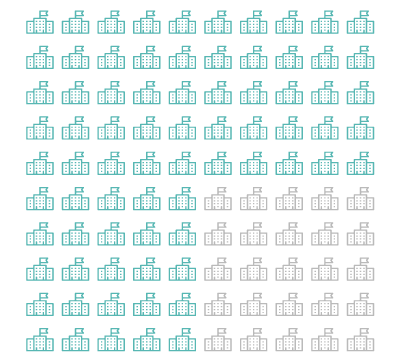
Across the U.S., up to 25% of high schools do not offer more than one of the basic courses in high school math and science education—Algebra I and II, Geometry, Biology, and Chemistry.
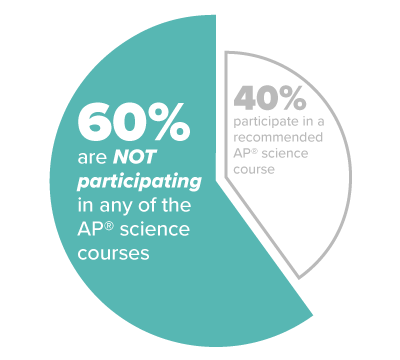
60 percent of students with “high potential” to excel in AP® science courses do not take any, largely because their schools lack qualified instructors.
(Source: College Board)
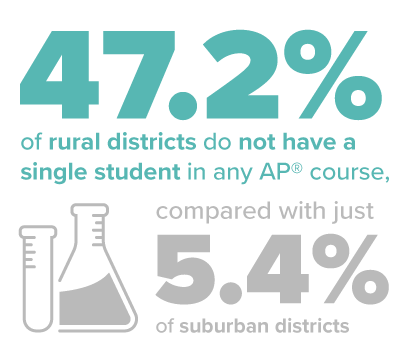
47.2% of rural districts do not have a single student in any AP® course, compared with just 5.4% of suburban districts.
(Source: Gagnon & Mattingly, 2015)
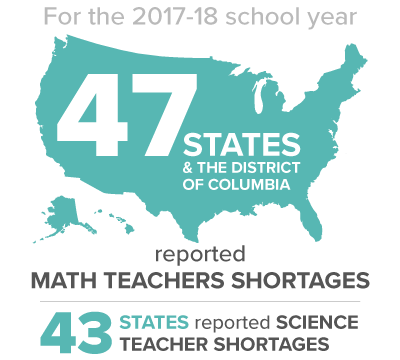
47 states and the District of Columbia reported math teachers shortages and 43 states reported science teacher shortages for the 2017-18 school year, according to U.S. Department of Education data.
Providing Access
eliminating disparities.
providing opportunities for success.
The Global Teaching Project addresses this growing teacher shortage crisis by providing talented students access to experienced teachers and helping them to tackle advanced coursework through a comprehensive range of academic services.
Eliminating disparities in access to AP® and other advanced coursework has a significant impact on students:
Higher GPAs
Underrepresented minority and low-income students who earn a 3 or higher on an AP® STEM exam earn higher GPAs in STEM subjects in college.
College Board Research Report, 2013-5
Increased College Persistence
Underrepresented and low-income students who take one AP® exam, on average, are more likely to return for a second, third, and fourth year of college.
College Board Research Note, 2014-1
Increased College Completion
First-Generation college students who take AP® exams are 42% more likely to complete college in 4 years.
College Board Research Report, 2013-5
UCLA Study, 2011
We empower schools, teachers, and students to take on the challenge of advanced STEM coursework, providing opportunities for greater academic rigor, and in turn, greater academic achievement.
Year at a Glance
June:
- Event: Advanced STEM Summer Preparatory Program
- Location: Mississippi State University, Starkville
- Details: 1 – 2 week immersive in-person program. Students stay in MSU dorms and engage in instruction and enrichment activities to prepare for AP classes in the fall.
August:
- Teacher Professional Development program at the University of Mississippi
- Teaching Assistants (TAs) visit Mississippi schools to kick off the school year; orient students to the AP classes
September-May:
- Event: College student STEM majors (TAs) assigned and meet with their students
- Details: TAs are assigned to individual schools and meet 2x per week for the duration of the course.
January (MLK Weekend):
- Event: MLK Winter Advanced STEM Instructional Program
- Location: Jackson State University, Jackson, Mississippi
- Details: Intensive instructional sessions for AP STEM students to kick off start of 2nd semester.
March (Late):
- Event: Begin Exam Review
- Details: TAs conduct 1-2 tutoring sessions focusing on exam logistics, permitted resources, and frequently asked questions.
April (Early):
- Event: Exam Practice Test & Pizza Party
- Details: Full-length practice exam followed by a celebration.
April (Mid):
- Event: Exam Review
- Details: TAs offer additional time to address difficult test areas and strategies.
May (1st 2 Weeks):
- Event: AP Test
- Details: Students take the AP exam.
